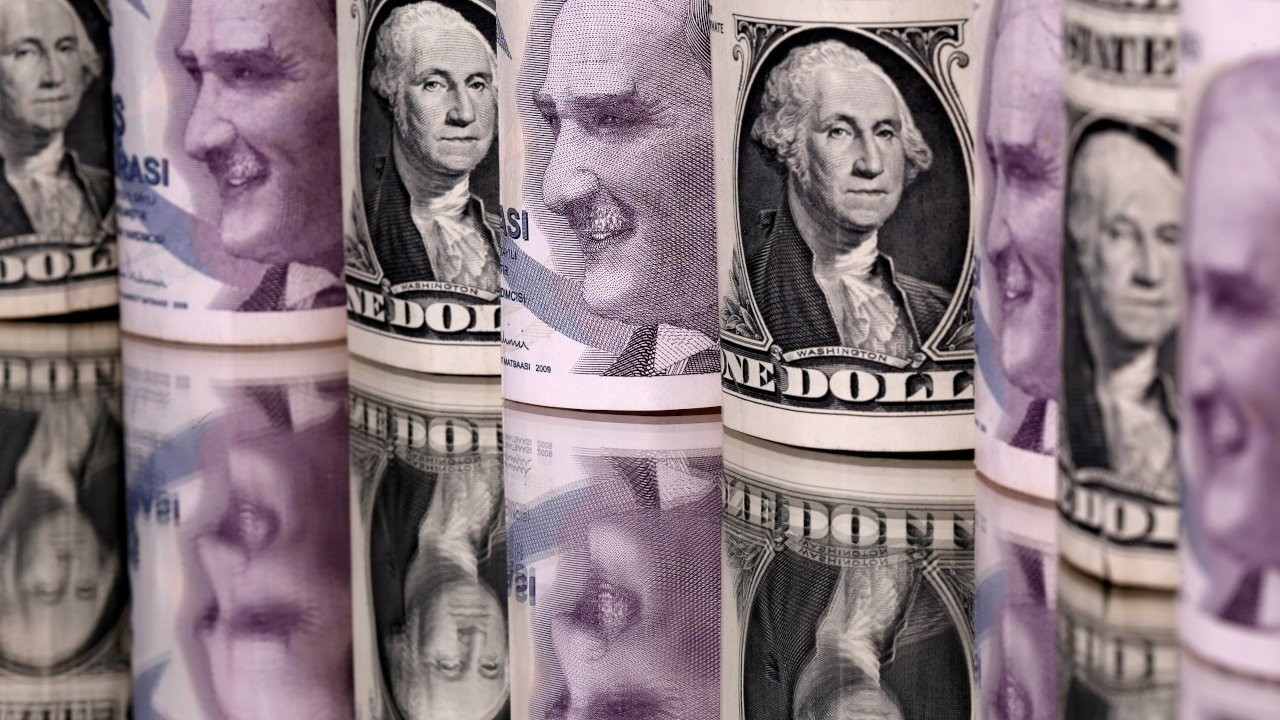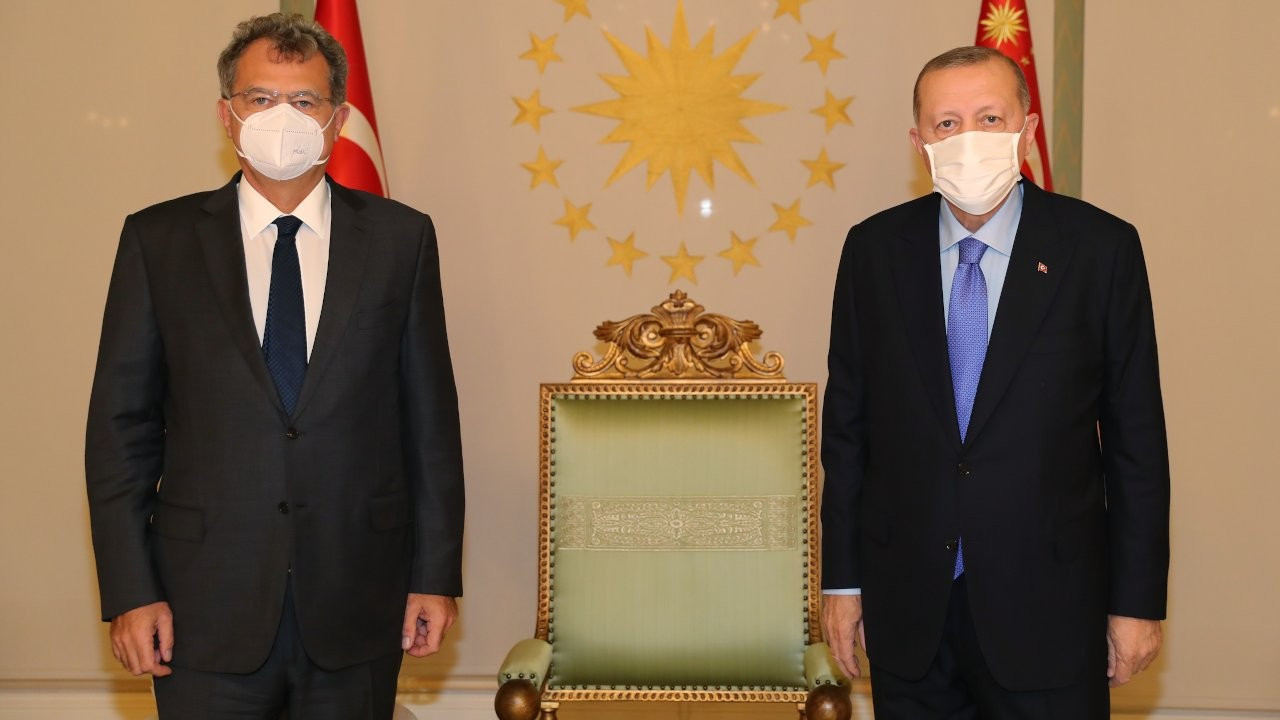Turkish Central Bank holds rate at 17%, vows tight policy
Turkey's Central Bank will be maintaining interest rates of 17 percent, they said on Jan. 21 and expressed their commitment to further tightening if a need ensues to battle inflation. Inflation rates have soared to 15 percent in Turkey as the lira plummeted to record lows during the COVID-19 pandemic.
Reuters
Turkey's Central Bank held rates at 17% as expected on Jan. 21 and promised to tighten more if needed to battle inflation that has soared toward 15%, among the highest in emerging markets, even after sharp hikes in recent months.
The lira rallied nearly 1% in response as analysts pointed to hawkish forward guidance that kept the door open to more interest rate hikes.
New bank Governor Naci Ağbal had raised the one-week repo rate by 675 basis points from 10.25% since November to support the lira and address inflation, which has been mostly double digits for three years.
A recent rally in the currency from record lows and an economic slowdown heading into the winter led most analysts to expect no policy change.
Yet some predicted another hike given Turks - hammered by soaring food prices - continue to buy hard currencies at record levels. Annual inflation edged up to 14.6% last month, well above an official 5% target.
The Central Bank said it would "maintain decisively the tight monetary policy stance for an extended period until strong indicators point to a permanent fall in inflation," its policy committee said.
"Additional monetary tightening will be delivered if needed," it said, adding it would take a bit more time for recent rate hikes to influence credit and domestic demand.
The lira initially dipped after the policy decision but soon rebounded to 7.35 by 1211 GMT, up 0.8% on the day. A 20% currency depreciation last year to record lows has kept import prices high, adding to food and commodities inflation.
QNB Finansbank chief economist Erkin Işık said any return by the Central Bank to an easing cycle would be later than previously expected, given the bank's vow to keep policy tight for an extended period.
"By not hiking rates, I understand the Central Bank does not expect a further rise in inflation in the short term," he said.
Ağbal was appointed in November as part of a surprise overhaul of Turkey's economic leadership in which President Recep Tayyip Erdoğan pledged a new market-friendly economic era including tough decisions to lower price rises.
Foreign inflows have since boosted Turkish assets.
But investors were rattled on Jan. 15 when Erdoğan said tight policy does not serve Turkey and he repeated his unorthodox view that the solution is to cut rates in order to lower inflation.
Some analysts said the comments could signal the government's waning commitment to tight monetary policy that economists see as essential to tame price rises. Erdoğan ousted the last two bank chiefs over policy disagreements.
In a Reuters poll, the median estimate of 20 economists was for no change to the 17% policy rate. Three of those expected a hike to 17.50%, while two others forecast 18%.
Turkey's dollar-denominated sovereign bonds gained after the bank decision, with issues maturing in 2030 or beyond adding at least 0.6 cents to trade at their highest in almost a week, according to Tradeweb data.

 Turkey's current account deficit persists under COVID-19Economy
Turkey's current account deficit persists under COVID-19Economy Turks blame Erdoğan gov't for unemployment, high inflationPolitics
Turks blame Erdoğan gov't for unemployment, high inflationPolitics